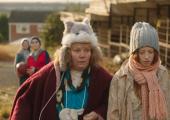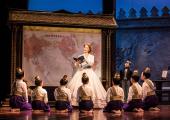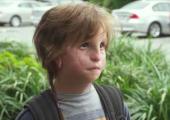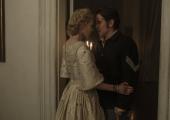theartsdesk at bOing! International Family Festival - the best of European children's theatre

Visual and aural adventures at well-programmed weekend introduce the young to the arts
Theatre for children can often be dismissed – a box to tick for parents who want to keep up with cultural practices; a job for actors who haven't quite made it in the mainstream; theatre that mums and dads want to see that works for their little ones, too.









